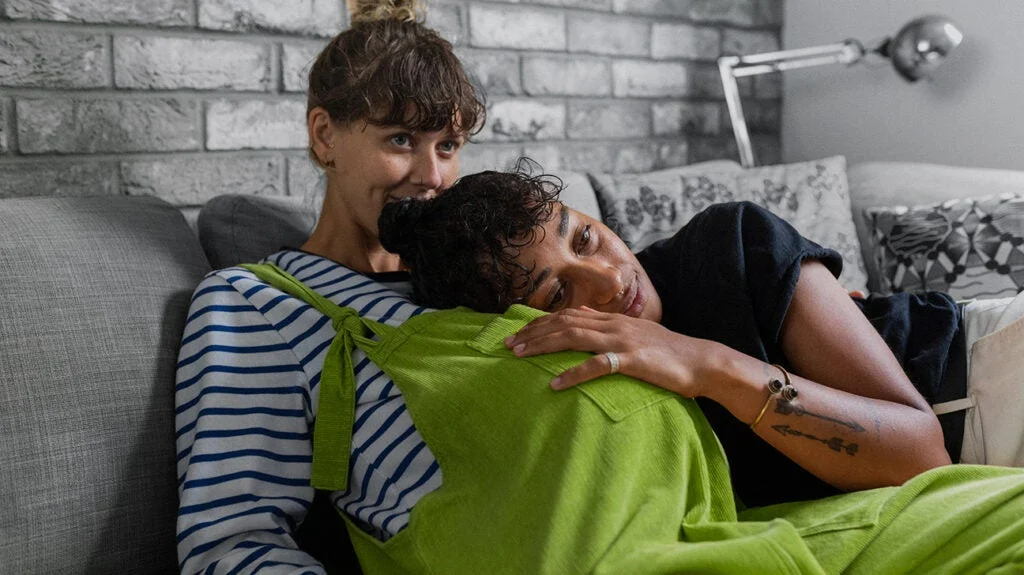Recent research highlights the potential mental health implications for mothers who engage in co-sleeping with their infants beyond the six-month mark. A study conducted by researchers at Penn State analyzed data from 103 new mothers, revealing a concerning trend: those who continued co-sleeping—defined as sharing either a bed or room with their baby—reported significantly higher levels of depression and feelings of being judged. Specifically, mothers who co-slept past six months exhibited a 76 percent increase in depressive symptoms compared to those who transitioned their baby to a separate sleeping space. Additionally, these mothers felt 16 percent more judged for their co-sleeping choices.
The study also noted a decrease in co-sleeping rates as infants aged, with 73 percent of mothers co-sleeping at one month, dropping to 50 percent at three months, and further down to 25 percent by six months. Douglas Teti, a professor and department head at Penn State, stated, “We definitely saw that the persistent co-sleepers—the moms that were still co-sleeping after six months—were the ones who seemed to get the most criticism. Additionally, they also reported greater levels of worry about their baby’s sleep, which makes sense when you’re getting criticized about something that people are saying you shouldn’t be doing; that raises self-doubt. That’s not good for anyone.”
This judgment can have detrimental effects on a new mother’s mental well-being. Ultimately, it’s essential for families to decide on their sleeping arrangements based on what works best for them, irrespective of external opinions. Teti emphasizes the importance of communication between partners, stating, “If you’re going to co-sleep, you have to make sure both people in the partnership have talked it through.” If not, it can lead to criticism, disputes, and negatively impact the relationship with the child.
Drawing on personal experience, I can attest that co-sleeping beyond six months did not positively contribute to my health. I co-slept with my child not by choice but out of necessity, as he struggled to sleep otherwise. The anxiety of potentially rolling over on him made it difficult for me to achieve restful sleep. This defensiveness about my parenting choices is likely a shared experience among many mothers in similar situations, aligning with the study’s findings.
Furthermore, Teti points out that the disruption caused by co-sleeping tends to affect mothers more significantly than fathers. “If you co-sleep, it’s going to disrupt your sleep, and probably Mom’s sleep more than Dad’s,” he cautions. Ensuring that the co-sleeping arrangement benefits everyone in the family is crucial for maintaining adequate rest, ultimately leading to more effective parenting.
For further insights on related topics, visit this article on pregnancy and learn more about home insemination options. You can also check out Cryobaby’s at-home insemination kit for additional resources.
In summary, the findings from this study shed light on the emotional challenges faced by mothers who co-sleep with their infants beyond six months. Increased feelings of depression and judgment can impact a mother’s mental health, underscoring the importance of supportive, individualized parenting choices.
